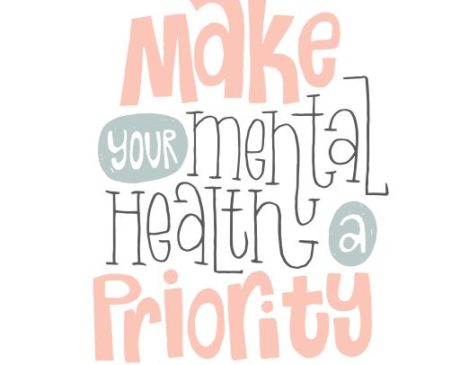Why We Hurt Those Closest to Us | Warning: Personal Post Ahead

I might finally be getting the hang of this writing and working thing! But let me not speak too loudly because the devil has been working OT in my life, honey! 😩 And actually, right now, I don’t know if it’s him or me. Sad but true. Earlier this week, I posted about communication because it’s an area in which I am seriously struggling right now. So, this week I’m reading, writing, working, and most importantly, being QUIET! I really have to stop talking until I have the right words to say.
But after being both speaker and listener in a few uncomfortable conversations, I have started to wonder why we speak to the people closest to us the most harshly? Now, this is a personal post, so maybe it doesn’t apply to you. But I really think there are times when we are nicer to strangers than we are to our inner circle. Have you noticed that people close to you take liberties that they would not dare take with someone else? If so, I am with you, and we are not alone.
I started really reading on it, and there’s a three-decade-long study about everyday aggression that explores the concept that people are indeed more aggressive with the people they love most. The study didn’t give a definitive reason but speculated it could be because we spend the most time with our inner circle and have the most significant relationships with them. But the Capricorn in me would not settle for that explanation! I needed real answers about why we do this and, more importantly, how I can stop. So I kept searching.
And this article right here explained it all! I cannot begin to restate all the gems I found in this writeup, but it is a bit lengthy, so if there’s anyone interested in the CliffsNotes, keep reading. I will do my best to combine and condense some of their information and sprinkle in a bit of my own.
We Feel We Can Be Ourselves
This one got it for me because if I feel really close to you, I feel like I can be my authentic self. The problem comes in when my authentic self violates my loved ones’ boundaries. For instance, if I like to joke a lot, but my best friend doesn’t like to be the butt of the joke, this can cause undesired tension in the relationship. I may have monitored this type of behavior at the beginning of the relationship, but as we become more comfortable, I may unintentionally cross the boundaries of those closest to me. How do I stop? Communicate. Be open to hearing when I’ve crossed a boundary and try to refrain from doing it again.
Attachment Styles
This is BIG. I recently spoke with a friend who’s a therapist, and she suggested that I dive deeper into attachment styles since humans tend to replicate childhood attachment styles with adult relationships. I’m in the process of doing that now, and it’s eye-opening. I started with this quiz. When we are familiar with our attachment style, we can begin to understand how we consciously and unconsciously recreate that dynamic in our close relationships.
Self-Sabotage & Asserting Independence
If someone close to you hurt you in the past, you may intentionally push people away when you feel them getting too close. This goes back to attachment styles and can also be rooted in feeling like you don’t deserve to share closeness with anyone. How can you stop? Heal. No, really, that’s the short answer. You have to heal those wounded parts and communicate your feelings to your inner circle.
Control & Reciprocation
This one’s simple. Sometimes, you just need your lick back. And in this case, you know exactly why you are doing what you’re doing. You want revenge. Be prepared for a never-ending cycle, though, if your friend or romantic partner is petty too. How can you stop? Walk away or call a truce.
High Expectations
The closer we are to someone, the more we idealize them in our minds. If we call a person our “best friend”, we expect them to fully live up to whatever standard we have set for that title in our mind. However, humans will make mistakes – even best friends. So when people fall short of the title (and expectations that come along with that title) that we’ve assigned them, we may find it helpful to remember they are human. And to remind ourselves that it may not be personal.
Displacement
Lastly, but definitely not least. Because whyyyy would I take my anger out on the appropriate person when I can just take it out on innocent ol’ you? No, but really, people who displace are usually not trying to hurt the people they love. Their anger is vented toward them because 1) they feel safe with them and 2) they are around those people the most. They may feel as though there won’t be any dire consequences by venting to the person they love or that their loved one will not take it seriously and overlook that behavior.
It’s a toxic tendency to have, and if you’ve been on the other end, you know it can feel like punishment for something you had no part in. If you frequently displace your anger, practicing mindfulness when you are upset may help you better control angry outbursts. And if all else fails, you guessed it, you can communicate that you are upset by a separate encounter and need a moment to process your anger before engaging with the people you love.
Whew! So much work for me to do. But I refuse to give up. I will learn to communicate effectively if it’s the last thing I do. And I will also keep you guys updated. Love and Hugs!






Dominique
Every time I think I have mastered the art of communication I had a set back. This was a great eye opening article and truly one of my FAVS thus far! I’m definitely going to take the quiz today! Thank u thank u!!!